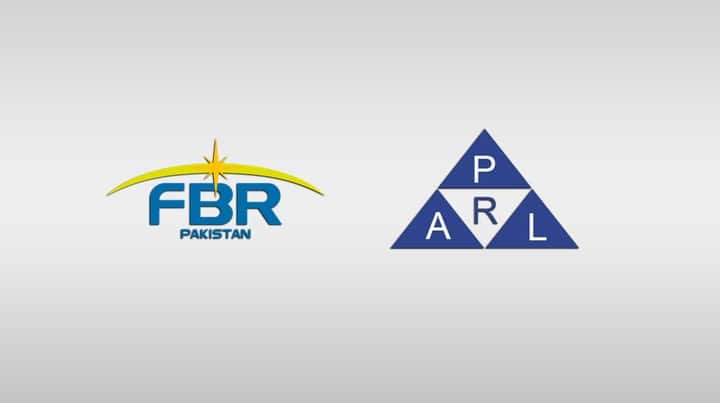In a significant shake-up of Pakistan’s tax infrastructure, Prime Minister Shehbaz Sharif has ordered the closure of PRAL—Pakistan Revenue Automation Limited—within six months, setting the stage for a major digital overhaul of the Federal Board of Revenue (FBR).
PRAL, a three-decade-old IT backbone of the FBR, handles everything from income tax filing to data storage. But sources say its obsolete systems have become a major liability, and repeated efforts to modernize them—despite substantial foreign funding—have failed to deliver.
Government officials revealed that the PM wants to replace PRAL with a completely new organisation, staffed with top professionals and equipped with full autonomy to streamline FBR’s technology systems. This includes building advanced data centres and delivering world-class digital services to taxpayers.
“The aim is to create a modern, independent tech hub that can finally get FBR’s digital transformation right,” said one source.
But experts warn that dismantling PRAL by December 2025 could jeopardize the continuity of critical tax systems. PRAL currently handles the bulk of tax submissions and transactions, and any hiccup during the transition could impact revenue collection nationwide.
In 2019, the government secured a $400 million World Bank loan for FBR reforms, with $80 million earmarked for IT upgrades. Yet key milestones were missed due to fragmented control between two FBR wings—Reforms and IT—causing delays and confusion.
Despite efforts to hire a Chief Information Security Officer, no progress was made. Now, PRAL’s new data centres, targeted for launch by Independence Day (August 14), still remain incomplete, casting doubt on whether the PM can inaugurate them as planned.
Adding to the turmoil, the FBR has recently walked back on some of its aggressive tax enforcement measures. Initial plans to ban cash-based property, car, and stock purchases for under-taxed individuals have now been quietly shelved. The FBR has also relaxed its earlier stance on cash deposits, a move that critics say undermines tax reform promises made to the IMF.
The decision to abolish PRAL—taken during a meeting attended by its own board—marks a dramatic end to an institution long considered the FBR’s digital engine.
What remains to be seen is whether the new organisation will be up and running in time—and if it can succeed where PRAL fell short.



